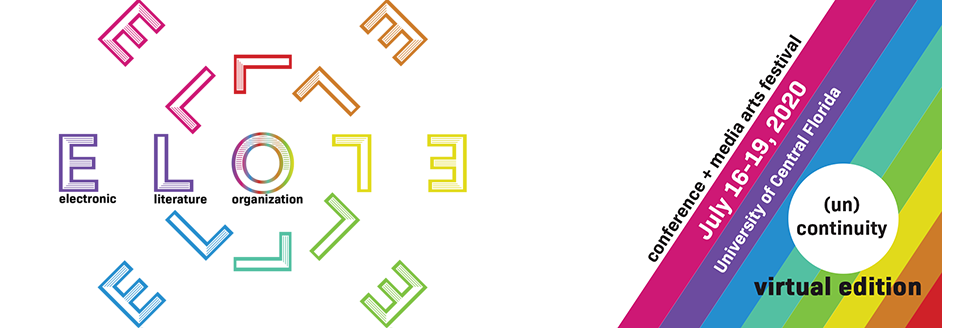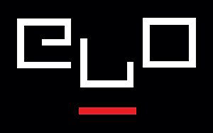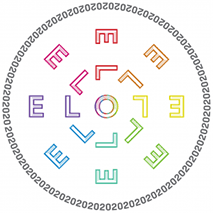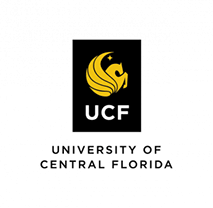Loading...
Submission Type
Conference Talk - Panel
Abstract
Authors: Szymon Szul, Marta Dziedziela
Project supervisor: Agnieszka Przybyszewska
Affiliation: University of Łódź
The idea to rewrite „Dzieje jednego pocisku” by Andrzej Strug as a locative-narrative piece was born thanks to the idea of media-lab. We decided to place the plot in undetermined moment of the future, in which a retrofuturistic picture of city of Łódź is shown. Such decision made us significantly re-build the structure of story written by Strug. The gamer would be eponymous „bullet”, and characters he interacts with along his way would guide him through the city, so he can „detonate” a bomb, thus abolishing the regime.
How we planned it from the technical side? We’re cooperating with a company, which has created the app availible on mobile phones, offering outdoor games. Thanks to it, we’re able to place in the app voice recordings of people who show the gamer around the city, enclose pictures of places he’s currently at (they serve as indications, so the recipient wouldn’t get lost), as well as supervise him, so he confirms his location at the right moments, whereby be able to continue exploring the plot. Interactive moments also appear, like demanding the gamer enters the code constituted by a date carved in one of the tombstones on a cemetery the gamer was passing through.
We would like to tell about challenges we encountered during the process of constructing the story, as well as how it’s been influenced by equipment limitation (or company policy), or will to give the recipient a clear order, where he should go next. For example, we intruduced figure of a hacker (conntected to the plot twist), who breaks in to save the gamer from a certain doom. This gives clues to the gamer, in terms of proper behaviour, at the same time being a application manual hidden in the plot. A motif of explaining rules of the game in a way, that’s not knocking the gamer out of immersion in the game was quite a challenge for us.
Important aspect of our work it the fact of rewriting an over 100 years old novel itself. Is it worth it modernize such cultural texts? How can they be recepted in a different context? Did they lost or obtain any values? What values? From our point of view it’s also important to talk through the questions related to realization, such as selection and recording voices of the characters (turns out unexperienced amateurs were able to „get in their role” better than people, who already had to do something with, i.e., radio plays), or establishing the route for the gamer.
One of the key questions in locative narrative pieces is telling the story by places the gamer discovers. Because of that, we had to carefully choose i.e. buildings, which would become points of reference for characters guiding the gamer around. It was the landform that formed characters’ digressions , which puts into question who is the actual narrator in our project. We’re of the opinion that this may form a basis for interesting discussions.
Andrzej Strug's "Dzieje jednego pocisku" as an inspiration to create retrofuturistic locative-narrative
Authors: Szymon Szul, Marta Dziedziela
Project supervisor: Agnieszka Przybyszewska
Affiliation: University of Łódź
The idea to rewrite „Dzieje jednego pocisku” by Andrzej Strug as a locative-narrative piece was born thanks to the idea of media-lab. We decided to place the plot in undetermined moment of the future, in which a retrofuturistic picture of city of Łódź is shown. Such decision made us significantly re-build the structure of story written by Strug. The gamer would be eponymous „bullet”, and characters he interacts with along his way would guide him through the city, so he can „detonate” a bomb, thus abolishing the regime.
How we planned it from the technical side? We’re cooperating with a company, which has created the app availible on mobile phones, offering outdoor games. Thanks to it, we’re able to place in the app voice recordings of people who show the gamer around the city, enclose pictures of places he’s currently at (they serve as indications, so the recipient wouldn’t get lost), as well as supervise him, so he confirms his location at the right moments, whereby be able to continue exploring the plot. Interactive moments also appear, like demanding the gamer enters the code constituted by a date carved in one of the tombstones on a cemetery the gamer was passing through.
We would like to tell about challenges we encountered during the process of constructing the story, as well as how it’s been influenced by equipment limitation (or company policy), or will to give the recipient a clear order, where he should go next. For example, we intruduced figure of a hacker (conntected to the plot twist), who breaks in to save the gamer from a certain doom. This gives clues to the gamer, in terms of proper behaviour, at the same time being a application manual hidden in the plot. A motif of explaining rules of the game in a way, that’s not knocking the gamer out of immersion in the game was quite a challenge for us.
Important aspect of our work it the fact of rewriting an over 100 years old novel itself. Is it worth it modernize such cultural texts? How can they be recepted in a different context? Did they lost or obtain any values? What values? From our point of view it’s also important to talk through the questions related to realization, such as selection and recording voices of the characters (turns out unexperienced amateurs were able to „get in their role” better than people, who already had to do something with, i.e., radio plays), or establishing the route for the gamer.
One of the key questions in locative narrative pieces is telling the story by places the gamer discovers. Because of that, we had to carefully choose i.e. buildings, which would become points of reference for characters guiding the gamer around. It was the landform that formed characters’ digressions , which puts into question who is the actual narrator in our project. We’re of the opinion that this may form a basis for interesting discussions.




Bio
Szymon Szul - third year student of film studies specializing in scriptwriting at University of Łódź. Member of the editorial team of the documentary portal "Doc'n Roll"
Marta Dziedziela - third year student of culture studies at University of Łódź.